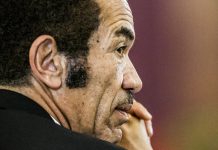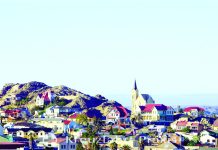By Timo Shihepo and Shinovene Immanue | 12 November 2021
TOMORROW marks the two-year anniversary of the Fishrot exposé.
The Namibian teamed up with WikiLeaks and other international media organisations, including Al Jazeera’s Investigative Unit and Icelandic National Television to publish various articles uncovering the corruption.
At the peak of the exposé are ex-justice minister Sacky Shanghala and ex-fisheries minister Bernhard Esau, who were revealed to be part of Namibia’s largest scandal now known as Fishrot.
The two former ministers alongside eight other people, including former board chairperson of national fishing company Fishcor James Hatuikulipi and CEO Mike Nhgipunya, are being accused of at least N$2 billion.
Samherji – an Icelandic fishing company – was exposed as the enabler, which allegedly paid bribes to Namibian government officials in order to secure fishing rights and quotas.
As a result, more than 1 000 fishermen lost their jobs after Esau changed the law that gave to give himself absolute powers to hand-pick fishing rights and quota recipients.
Some of the suspects are currently in court, asking for bail. As the case unfolds, we take a few steps back to 2019 and reflect on the Fishrot case.
Whistleblower Sharon Neumbo

“Neumbo said citizens needed to be given a day off when the scandal broke because the revelations were too much. She believes that the scandal only got a lot of traction because it came out when Namibia was gearing up for the presidential and National Assembly elections.
“No,” she says when asked if the government has done enough to make sure that similar scandals don’t happen in future.
“It shouldn’t take more than two years to change a law that helped this scandal.”
Former prime minister Nahas Angula
“When the story came out, it confirmed some of our suspicions. With our experience working on the Swapo congress in 2017, we were thinking ‘where did the money come from?’
The wheels of justice are so slow. What we hoped for by this time is that those accused would have had their time in court to defend themselves or tell their story.
“Until now some of them are just applying for bail. Of course it’s a complicated case involving many jurisdictions. Maybe the government is in denial.
They are saying that nothing like that happened. We look forward to the wheel of justice turning. Perhaps justice will be done to prevent similar things from happening next time.
“The whole issue of impunity should be discussed. How can one allegedly appropriate public resources for your own benefit or to benefit your political agenda?
When you look at the level of poverty, unemployment, inequality and problems of housing in our country, the first thing you must do after being given a mandate by the people is solve these issues. It shouldn’t be about self-enrichment. The consequences may be dire for Swapo and the individuals involved when the whole truth comes out.
Managing editor of New Era Festus Nakatana
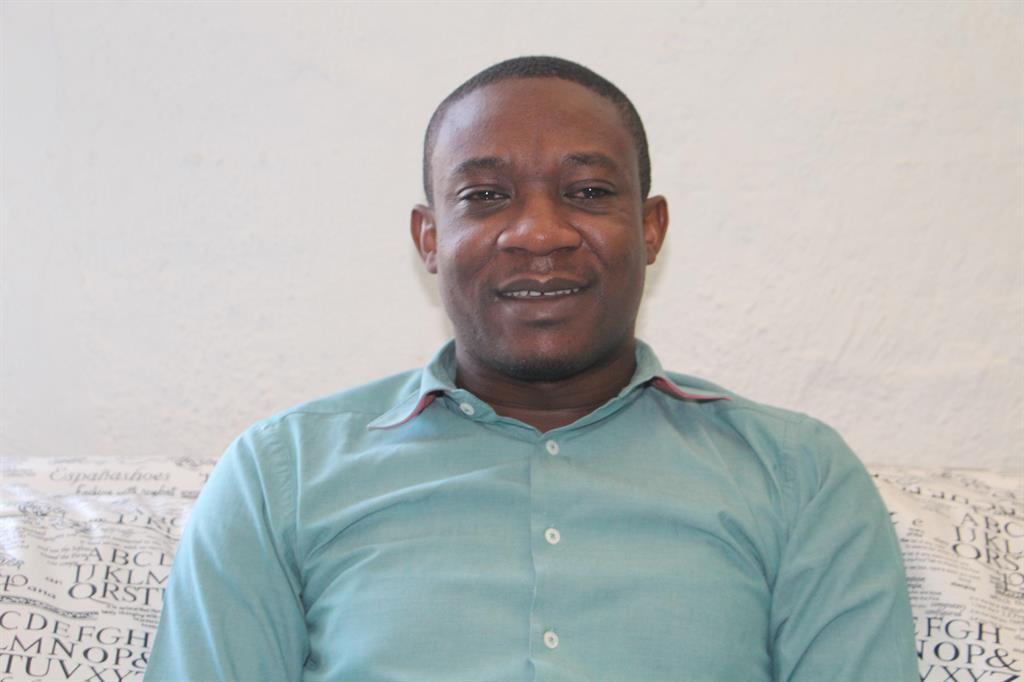
“I was in shock when the news came out, considering that it is the largest scandal to be exposed in the history of the country.
“Apart from the leaked affidavits, the media coverage has been centred around what has been filed in court.
There has been so much interest, and with the current bail hearing, a lot of information regarding greed as alleged by the state is also coming out. The moral of the story here is that Namibians should not choose to be silent when it comes to corruption. Corruption leaves a huge dent, especially on the poor.”
Editor of Namibian Sun Toivo Ndjebela
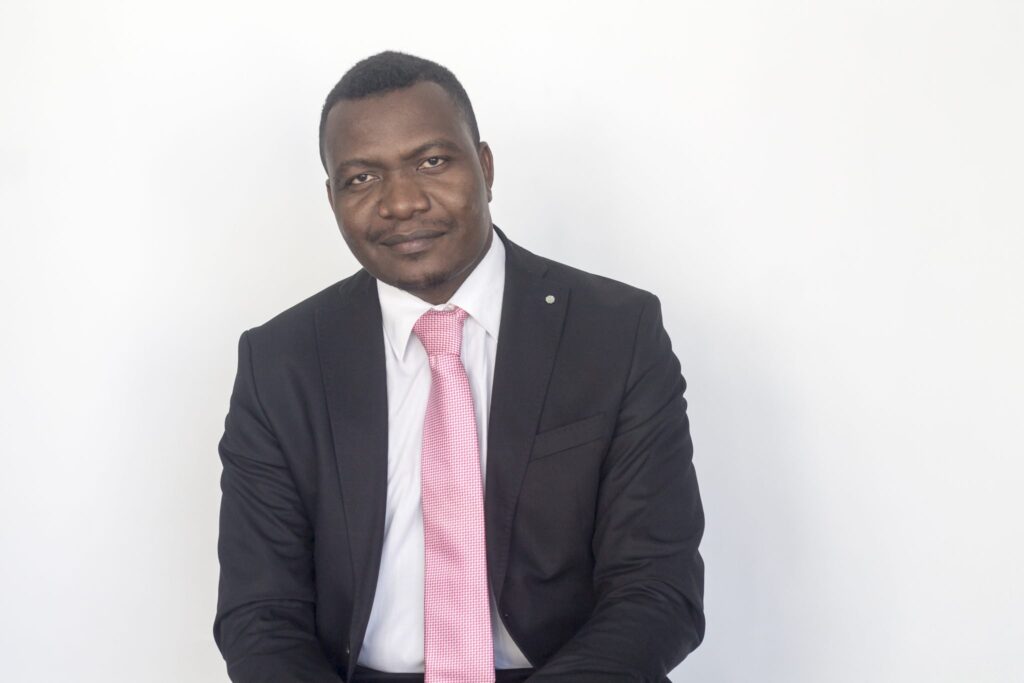
“I was leaving my office when I saw the front page of The Namibian depicting the story, but initially I thought it was just another tale of corruption.
“We now know more than we did at the time. So much information has emerged through court proceedings. This is the biggest scandal in our republican life and I think the local media took over from Al Jazeera.
“There are still many questions that the media must probe. Where were the auditors of Fishcor and of other entities when all this was happening? These types of questions should be probed further.
“Nothing has changed in terms of what needs to be in place to avoid what has happened. The same Fisheries and Marine Resources Act, for example, that brought us to where we are as far as Fishrot is concerned, is the same act the government used to disburse the latest round of fishing quotes.
“There is no seriousness there. The people who were in charge at ACC who never acted until Al Jazeera exposed it, are still there. They knew about it but they were just sitting on it.
“The same people still had their contracts renewed. Where exactly has change been made?
Nowhere.
The lesson is that we are in big trouble in this country. When the top custodians of our resources are linked to this, that’s when you realise you are in trouble because there is no one to police them. Who will police the top leaders of the government and the ruling party?”
Al Jazeera investigative reporter James Kleinfield
“When I was first approached by WikiLeaks to work together on the Fishrot story, I could not have anticipated the extent of the impact the report would ultimately have. I was pleasantly surprised by the swift action taken by the authorities in arresting and charging the suspects – including former ministers Esau and Shanghala.
“We wait to see how effective the work of the ACC and prosecutors has been in building their case for trial, but the judge’s persistent refusal to grant the suspects bail can be seen as indicative of the seriousness with which they are treating the Fishrot case.
“In the aftermath of the investigation’s release, we also saw mass protests, with hundreds of people across the country taking to the streets to demand more effective anti-corruption measures, and better living conditions from both employers and the state.
As journalists we are limited to exposing the wrongdoing of those in power – but it is up to civil society to hold these people accountable for their wrongdoing, and we see how the Namibian people are gladly taking on that task and fighting for a better future. At Al Jazeera we are proud to invest the time, resources and staffing to conduct high level investigations in the public interest.”
Whistleblower Jóhannes Stefánsson
“What stands out is the very good work of the investigators and prosecutors in Namibia who are professional and very brave, despite all the challenges and obstacles over the last three years since I reported the cases to the authorities (FIC and the police’s economic crime unit were present at part of the meetings) in Namibia in August 2018.
“The Icelandic investigators have also been doing good work, as I have seen and there is good and positive progress in Iceland, but I reported the cases to authorities there in October 2019.
“The media have done a great work as well, for example in Namibia they have done really good and brave work for the last two years, which is really important as the public needs to be informed. In general, this is a really big case, which has had devastating effects on the Namibian people.
I always expected it to reach this far and further as I have a belief in the investigators/prosecutors working the cases.
I am not surprised that the Fishrot cases have reached that far in Namibia, but I did expect it would take a little longer time to get this far.”
Investigative journalist Tileni Mongudhi
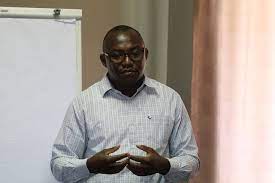
“It didn’t come as a surprise because we knew about it but there were some revelations that were quite overwhelming that gave the wow feeling because it was actually bigger than we thought.
“Many of us in the media have been writing about the rot happening in the fishing industry and how fishing resources are managed. We had been publishing some of these articles since 2014.
“We feel vindicated because for the longest time we were being accused of being anti-black and an enemy of progress.
“The politicians and some members of society have been talking the biggest hogwash and have always tried to deflect.
“That is the type of rhetoric we have been faced with, which accuses us of just wanting to bring black people down. They brushed us off and ignored us.
“We clearly have a leadership crisis. We need to build institutions that can enable anyone to stop a minister if they are not following the rules.
We need to overhaul the allocation of fishing rights and quotas.
There are those saying we must auction them, others are saying we must nationalise them so as to prevent the politically connected few from solely benefiting. There should be more debate.
This is an extract from The Namibian’s first article.
‘Kickback Kings: “Before everyone wakes up, we need to move …”
• By Shinovene Immanuel
FISHERIES minister Bernhard Esau, justice minister Sacky Shanghala and Investec Namibia’s managing director James Hatuikulipi, are the alleged kingpins in a fishing scheme that generated kickbacks of at least N$150 million over four years.
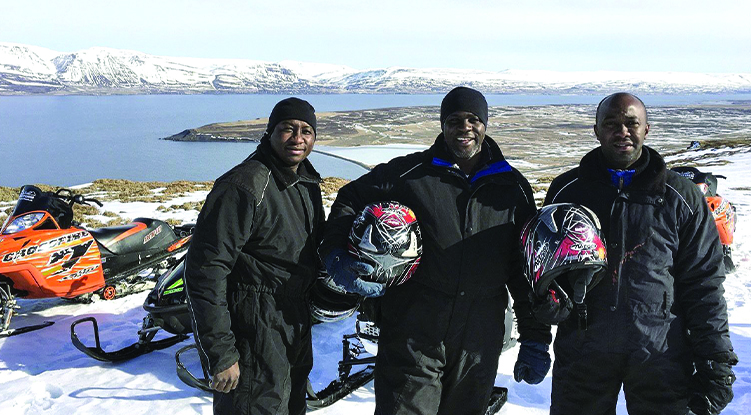
Their names are contained in a trough of emails, payment receipts, invoices and banking details provided by WikiLeaks to The Namibian and other international media organisations, including Al Jazeera’s Investigative Unit and Icelandic National Television.
Documents show that the scheme – linking the governments of Namibia and Angola – involve as much as N$2,5 billion and includes a state-owned company, the National Fishing Corporation of Namibia (Fishcor).
Esau, Shanghala and Hatuikulipi are pinpointed as the masterminds behind a donation of state-to-state fishing licences between 2014 and 2018, but which were used to divert money to individuals in both countries, and paid through an Icelandic company.
The paper trail also points to the lobbying of top government officials, a company in Dubai, and kickbacks allegedly paid from an Icelandic-owned company based in the tax haven of Cyprus.
Former Angolan fisheries minister Victória de Barros Neto and her son, João de Barros, are also named in documents outlining the scheme.
Investec Asset Management executive Ricardo Gustavo, who reports to Hatuikulipi, acted as a front for the Angolan government through a company called Namgomar, which received the fishing quota donated by the Namibian ministry of fisheries.
The Namibian reported last month that Gustavo solely runs Namgomar, supposedly a government-to-government joint venture used as a conduit for the licence and quota donations between the governments.
Yet, the quotas were eventually exploited by private entities and individuals.
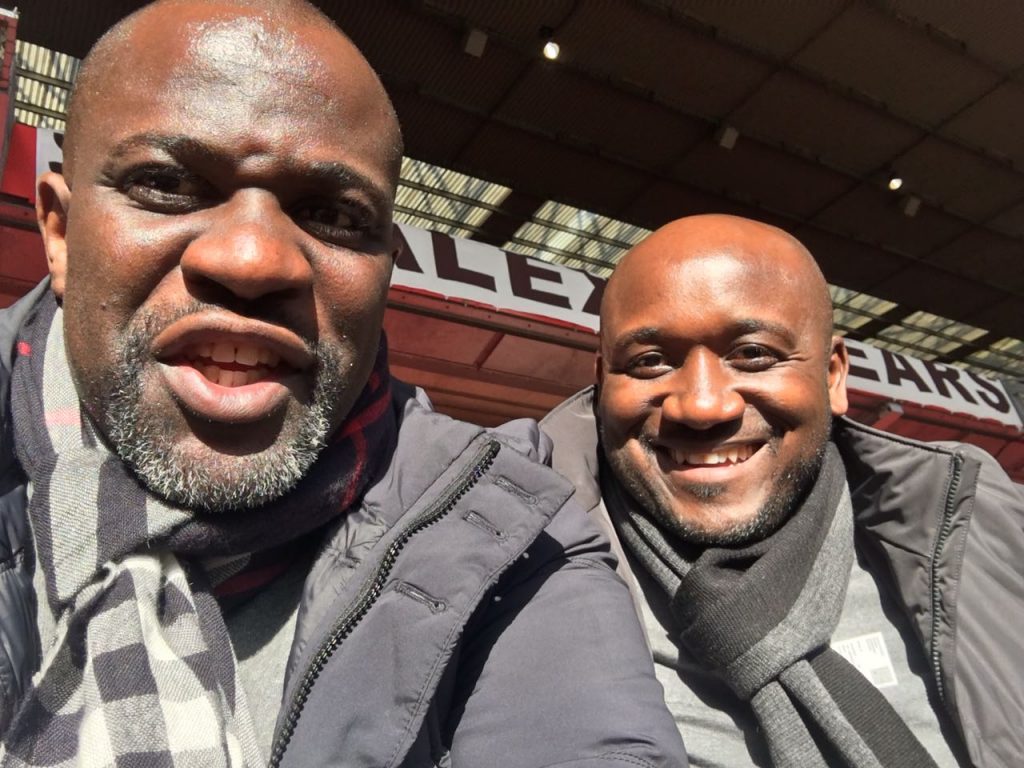
Ricardo Gustavo and James Hatuikulipi
Another businessman mentioned in the documents as a beneficiary of the scheme is Hatuikulipi’s cousin, Tamson ‘Fitty’ Hatuikulipi, who is also Esau’s son-in-law. Fitty is married to Esau’s daughter Ndapandula.
At the heart of the kickbacks is a Dubai-registered company, Tundavala, which was used to channel part of the N$150 million in purported ‘consulting fees’.
It is owned by Investec Namibia chief James Hatuikulipi, a long-time friend and business partner of justice minister Shanghala.


